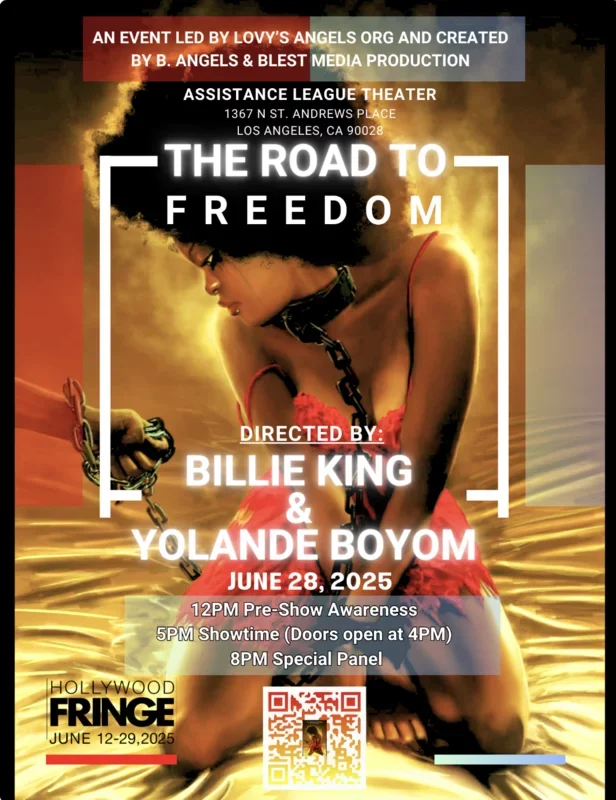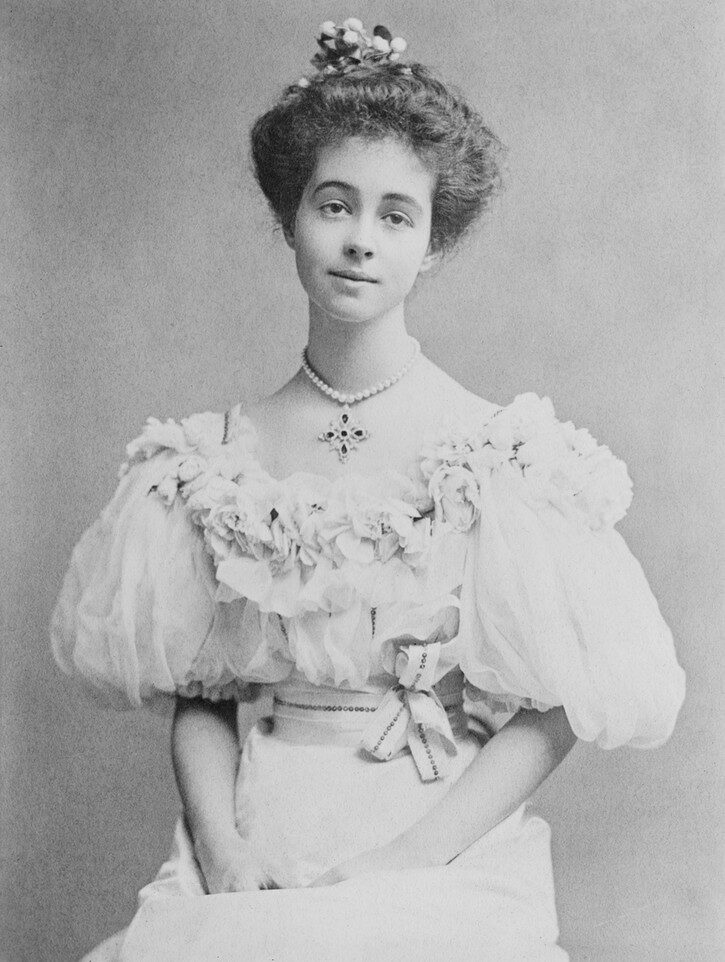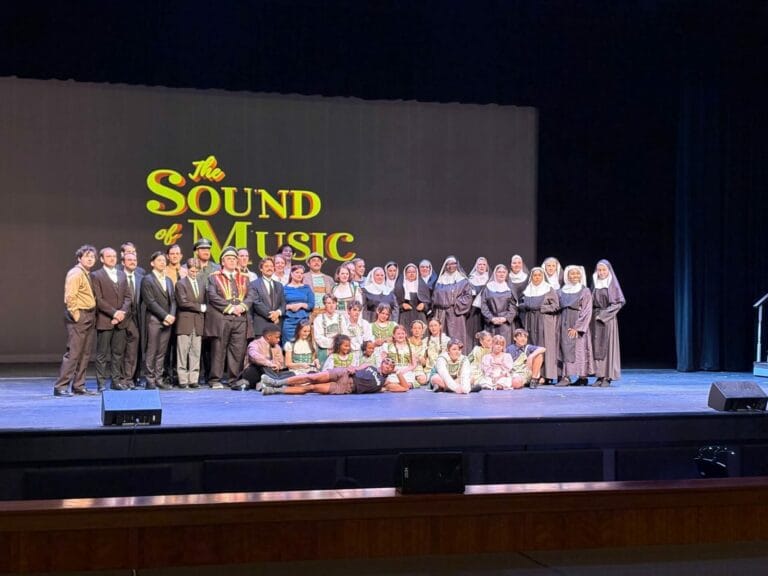Theater’s Rising Role in the Fight Against Human Trafficking: When Art Becomes Activism
Survivor-led theatre exposes human trafficking’s realities, blending art, community action and advocacy to spark lasting awareness and meaningful change

When Penny Hoeflinger first shared her story as a trafficking survivor through theater, something unexpected happened. The audience didn’t just listen – they acted. That performance led to the identification of another victim and sparked a movement that’s now spreading across the United States, with theater emerging as one of the most powerful tools in the fight against human trafficking.
This growth comes at a critical time. The U.S. National Human Trafficking Hotline has identified 100,891 cases since its inception, with over 432,000 signals reported as of April 2025. Even more concerning, reports of child sex trafficking in the U.S. rose by 13% between 2022 and 2024, highlighting an urgent need for new approaches to both awareness and prevention.

Theater as Truth-Telling

Productions like The Road to Freedom, premiering on 28 June 2025 at Assistance League Theatre in Los Angeles as part of the Hollywood Fringe Festival, represent a new wave of survivor-centered storytelling. Created by filmmaker and survivor advocate Yolande Boyom, the theatrical adaptation of her documentary film exposes the harsh realities of human trafficking through what she calls ‘raw storytelling and emotional truth’.
The production is particularly notable for its comprehensive approach: a full-day community event combining theater, advocacy and action, with proceeds supporting survivor services and prevention efforts through Lovy’s Angels Organisation.
Research shows this approach works. In Nigeria, the International Organisation for Migration organised theater performances in markets and public spaces, leading to real impact. During one performance, a woman in the audience shared her daughter’s story based on what she’d witnessed on stage. That testimony helped IOM identify the daughter as a trafficking victim.
The Power of Survivor Voices
What makes productions like The Road to Freedom different is their foundation in actual survivor experiences. Boyom, who founded both Lovy’s Angels Organisation (supporting victims and survivors) and B. Angels Production House, brings her background in nursing and social work to the project. ‘My life’s work is rooted in one mission: to fight human trafficking until every voice is heard and every life is free,’ she explains.

The production team includes director Billie King, whose previous work includes acclaimed productions addressing social justice themes. King leads both Program Rewrite (a nonprofit using art to empower communities) and R.A.W Theater Group (focused on trauma-informed storytelling).
This survivor-centered approach reflects growing recognition that those with lived experience must lead the conversation.
As trauma experts increasingly recognise, survivors’ voices carry unique power to educate and inspire action in ways that statistics alone cannot achieve.
Building Awareness Communities
The structure of events like The Road to Freedom reflects lessons learned from successful awareness campaigns elsewhere. The Los Angeles event begins at noon with a Human Trafficking Awareness Exposition featuring nonprofit organisations and survivor-led initiatives. The 5pm theatrical performance is followed by panel discussions with survivors, mental health advocates and community leaders at 8pm.
This model addresses what researchers identify as key components of effective anti-trafficking theater: education, emotional engagement and direct pathways to action. The event’s dress code – blue jeans and official Lovy’s Angels t-shirts – creates visual solidarity, with blue representing the fight against human trafficking.
The approach is being replicated nationwide. Georgia has funded theater projects specifically targeting middle and high school audiences, recognising that 91% of domestic sex exploitation victims in the state were still in school while being trafficked. The See It End It Film & Arts Festival combines survivor testimonies with panel discussions and calls to action, acknowledging that ‘art speaks to the heart, the heart inspires action, action ends slavery’.
Beyond Awareness to Action
What distinguishes successful anti-trafficking theater from simple awareness campaigns is clear pathways to meaningful action. The Road to Freedom offers free general admission (with mandatory t-shirt purchase supporting the cause) and VIP experiences that include backstage access and ‘powerful surprises’.
More importantly, all proceeds support specific outcomes: future outreach programs, survivor services and prevention efforts. This model addresses criticism that some awareness efforts can inadvertently re-exploit survivors by displaying their trauma without providing concrete support.
The timing of such productions matters too. January marks National Human Trafficking Prevention Month, traditionally focused on policy and law enforcement. But as the 2025 State Human Trafficking Report reveals significant variation in state responses – from Florida’s 18 enacted anti-trafficking policies to Idaho’s five – community-based approaches like theater fill critical gaps.
The Broader Movement
Theater productions like The Road to Freedom are part of a broader shift towards survivor-led advocacy, much like fashion activism’s growing role in raising awareness. The National Human Trafficking Hotline continues receiving over 50,000 calls annually, but many victims remain unidentified. Community theater creates spaces where people can recognise signs they might otherwise miss.
The psychological impact is equally important. For survivors, theatrical retelling can serve as what psychologists call sublimation – transferring difficult experiences into something society values and praises. For audiences, the emotional engagement creates lasting memories that dry statistics cannot. This approach parallels other survivor-empowerment initiatives that give voice to those affected by abuse.
As Boyom puts it, she’s ‘building a movement – one project, one rescue, one soul at a time’. With over 2,400 trafficking cases prosecuted since 2000 and growing awareness of online sexual exploitation as a new frontier, community-based approaches like theater offer hope for both prevention and healing.
The success of such productions suggests we’re witnessing more than just awareness campaigns. We’re seeing the emergence of artistic activism that doesn’t just inform audiences about trafficking – it transforms them into advocates. This transformation through artistic expression and social impact may prove to be one of the most effective tools we have in the fight against human trafficking.
About The Road to Freedom

The Road to Freedom premieres on 28 June 2025 at Assistance League Theatre in Los Angeles as part of the Hollywood Fringe Festival. The theatrical adaptation of Yolande Boyom’s documentary film combines a full day of community action: a Human Trafficking Awareness Exposition (12pm-4pm), the stage performance (5pm) and panel discussions with survivors and advocates (8pm).
General admission is free with mandatory purchase of official Lovy’s Angels t-shirts ($30). All proceeds support survivor services and prevention efforts through Lovy’s Angels Organisation, founded by Boyom to support trafficking victims and survivors, and Program Rewrite, Billie King’s nonprofit using art to empower communities through trauma-informed storytelling. For reservations, visit the Hollywood Fringe website or BangelProduction.com.





